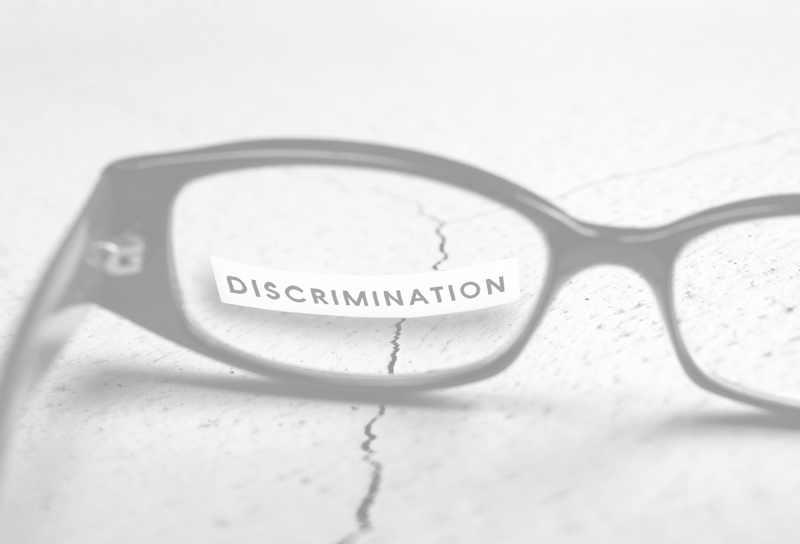Workplace Discrimination in California

Discrimination in the workplace against employees who belong to certain classes is illegal in California.
Unfortunately, some victims think that getting justice for workplace discrimination is too complicated.
So they just drop the issue.
If you’re feeling discriminated against at work, Starpoint Employment Law has provided this easy-to-follow guide to help you decide if you may be a victim of workplace discrimination.
The Law
The California Fair Employment and Fair Housing Act (FEHA) makes it illegal for employers of 5 or more people to discriminate against employees who are part of a protected class. Let’s take that sentence apart.
To Discriminate
Discrimination is the unfair or unequal treatment of an individual based on certain characteristics (aka a protected class). You can prove discrimination in the workplace in California with evidence of both direct and indirect actions.
Unfair or Unequal Treatment
Unfair or unequal treatment consists of actions that negatively impact your job and can take the following forms:
- Termination or being forced out,
- Demotion,
- Undesirable transfer,
- Decreased pay or benefits, and
- Passed over for promotion.
This is not a complete list. Any other actions that made the conditions or performance of your job harder could also qualify as discrimination.
Protected Class
Being part of a protected class means employers cannot discriminate based on your:
- Age (40 and over),
- Race or color,
- Religion or creed
- Ancestry or national origin,
- Sex or gender (including pregnancy, childbirth, breastfeeding or related medical conditions),
- Sexual orientation,
- Gender identity or gender expression,
- Medical condition,
- Genetic information,
- Marital status,
- Disability (mental and physical), or
- Military or veteran status.
If you feel that your class is not listed, check the FEHA website for more detailed information.
Where Do You Report Discrimination?
It can be nerve-racking to tell someone about your discrimination, and you may feel worried about what is going to happen if you do.
First, California has anti-retaliation laws which make it illegal for an employer to punish you for reporting a case of discrimination—even if the case turns out not to be discrimination.
Second, your discrimination report should be confidential.
Third, check your employee handbook to find out how and where to go to report your discrimination. If you don't have an employee handbook, then go to your HR department or, if none, then a senior supervisor.
Fourth, submit your discrimination case in writing and keep a copy for yourself. Your report should include:
- Time and place of the discrimination,
- Who discriminated against you,
- What they did and/or said (be as specific as possible),
- Any witnesses to the discrimination, and
- Any written materials that show discrimination.
The more details you can provide, the better for your report. In addition, make sure to report your case to your employer and give them a chance to address the issue.
If they ignore you or do nothing, consider speaking to an attorney or filing a complaint with the Department of Fair Employment and Labor.
We Can Help
If you're feeling discriminated against at work and need some advice on how to best protect yourself and preserve your rights, give one of our employment attorneys a call.
At Starpoint, we are guided by our core principles of empathy, integrity, and commitment. To that end, you will discuss your case directly with our founder Aidin Ghavimi. We are willing and waiting to assist you.

